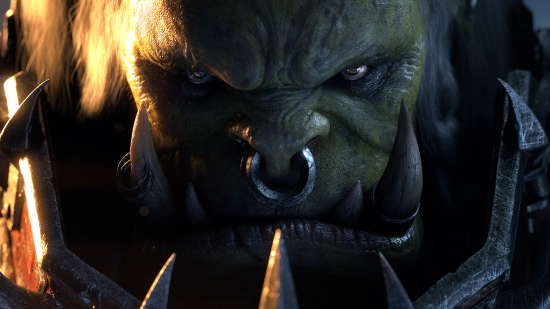Videogame addiction is a controversial topic, but for the all fears that come up among parents and morning talk shows, it’s not a well-established psychiatric field. Alok Kanojia, an addiction psychiatrist with Harvard training, wants to change that, and he’s hosted a Reddit AMA to provide a load of fascinating answers to questions about gaming addiction.
Part of why gaming addictions are a tough study is because they’re behavioural disorders – not substance addictions, as with drugs and alcohol. The brain’s relationship with those mechanisms are much more complex, according to Kanojia, and the nearest analog may be gambling addiction.
“For example,” he says, “many gamers derive a sense of pride, identity, and accomplishment from playing games. This is one of the things that pulls people so heavily into games. I have never met a heroin addict who is proud of all of the things he’s done related to heroin use.” (No, that’s not an intentional reference to EA’s ‘pride and accomplishment’ line.)
However, Kanojia adds “I think gaming and gambling are the most similar of the behavioral addictions, but learning about gambling hasn’t really helped me very much with my patients. The entities, while the most similar to each other, are still quite different in my experience.”
With that in mind, Kanojia says loot boxes haven’t factored into his practice, as the ‘whales’ who spend thousands on microtransactions tend to be among the rich. “Most people who struggle with addiction are having trouble launching a strong professional career, so they tend to not have too much money for microtransactions.” But, as he says, that’s an anecdotal observation based on his experience.
Kanojia notes a study suggesting that 8.4% of boys are likely to meet the criteria for game addiction, compared with about 5% when you account for both genders. He says that his own practice has ended up even more overwhelmingly skewed toward men. He suspects that part of the reason why is that as boys are socialized to minimize their emotions, the escape provided by games turns addicting.
“As boys learn to suppress emotions at an early age, I think that makes them crave experiences that allow them to experience and channel emotions, such as video games. Most men I work with have a lot of difficulty understanding that they feel shame or fear, they usually mask it as ‘frustration.’ They just know that they feel bad, and that games help them ‘destress.’
“But they never get to the underlying cause of why they’re ‘stressed’ (another acceptable state for men to be in), and so play games to ‘destress.’ But the fix is temporary, because they don’t process the underlying emotion. So they play more, and more, and more.”
There’s plenty more in the full AMA on Reddit, and Kanojia has continued to regularly update with further responses to the questions coming this way. Based on the response, he’s also looking at trying to create new resources for those with gaming problems.
In one last interesting quote, Kanojia lays out why he suspects backlogs get to be such a problem for gamers, and why your Steam library is getting out of control.
“Chances are you are buying games with the memory of an experience you had while gaming. Your brain recalls how much dopamine it got from playing some game, and is hungry to recreate that experience. As you play more games, you develop a tolerance to the dopamine games, so they seem less fun. As they seem less fun, you feel like you ‘cannot find things to play.’ If you look at it technically, you can absolutely find games to play, but you can’t find games that will make you feel the way you used to.”
That one’s honestly hitting too close to home for me.
